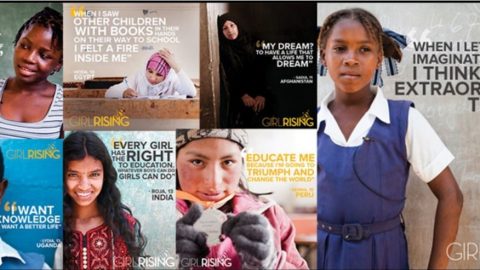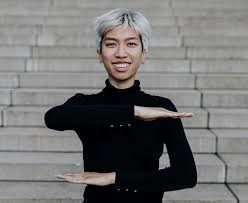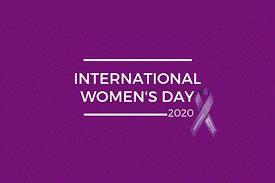Year 10 Health: Women’s Health and Gender Equality Unit

The recent International Women’s Day on Sunday 8 March was a global day for celebrating social, economic, cultural and political achievements of women around the world. The day also marks a call to action for accelerating gender parity globally.
According to the United Nations, “the emerging global consensus is that despite some progress, real change has been agonisingly slow for the majority of women and girls in the world. Today, not a single country can claim to have achieved gender equality. Multiple obstacles remain unchanged in law and in culture. Women and girls continue to be undervalued; they work more and earn less and have fewer choices; and experience multiple forms of violence at home and in public spaces.”
Given the proximity to International Women’s Day, it seemed fitting to write about our Year 10 Health Curriculum, where students explore the reality of gender inequality and inequity, and the rights of females around the world. The ‘Women’s Health and Gender Equality’ Unit explores the global empowerment of women and girls. Students view an internationally acclaimed documentary titled ‘Girls Rising’, which follows the lives of a remarkable group of nine girls, from different low-income countries around the world. Each girl’s story is slightly different, however, all stories highlight the challenges the girls face, to bravely confront and challenge their oppressors. They fight to achieve some of the most basic human rights; the right to life, food and water, shelter, education and equality.
Students develop an understanding of the many factors that contribute to gender inequality, including a lack of education, peace, poverty, income, and health status issues. This enables each student to evaluate which factor they believe contributes the most to gender inequality, and then to conduct individual research, prepare a written report and present an oral presentation to their class, justifying their decision.
One of the crucial keys highlighted in ‘Girls Rising’ is education, as a means of overcoming much of the injustice practised against women and girls worldwide. Some of the nine girls in ‘Girls Rising’ triumph against all odds thanks to education, some unfortunately do not. It is a powerful message, and it facilitates increased awareness against bias and prepares our students with the knowledge to stand up for equality.
And so, with this recent International Women’s Day behind us, we must acknowledge that there is still much to be done to create worldwide gender equality. We should also reflect on, and celebrate, the progress that has been made through courageous and determined women and girls throughout history, in many countries and communities. Additionally, we must continue to increase awareness and educate our students, to enable them to become responsible global citizens, capable of making a difference in the lives of women and girls globally in the future.
International Women’s Day 2020: “An Equal World is an Enabled World” – #EachforEqual#





